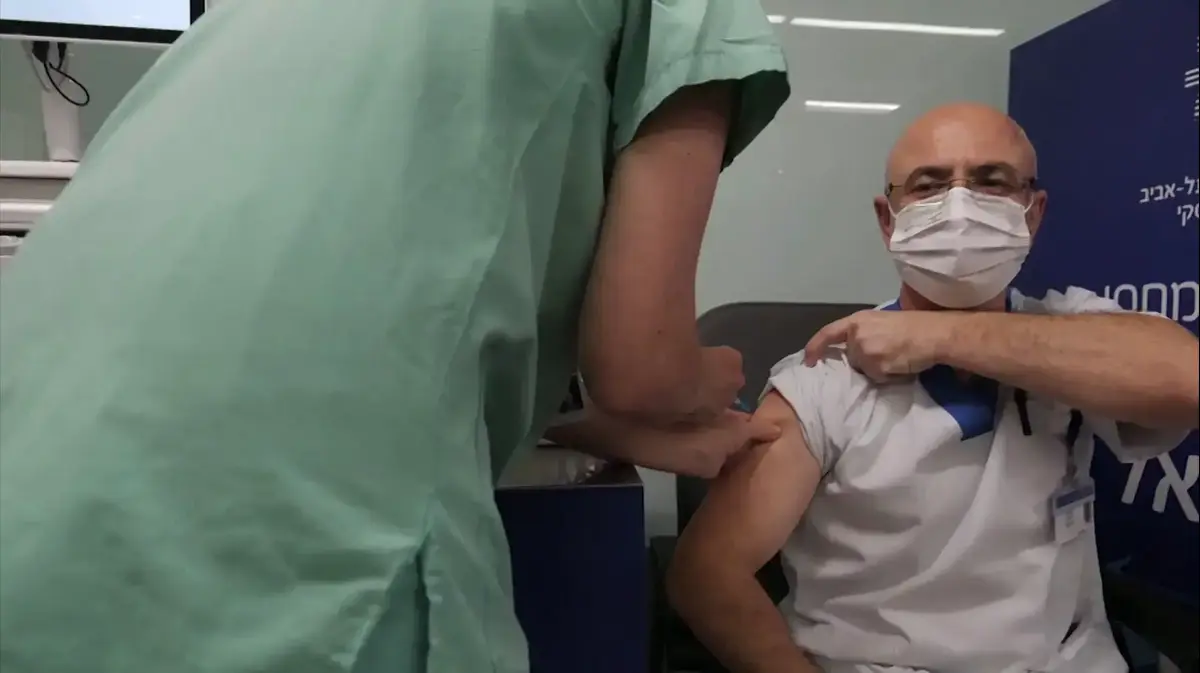Enlarge image
Vaccination against monkeypox (in Berlin)
Photo: Paul Zinken / dpa
According to the Standing Vaccination Commission (Stiko), the first dose of the currently scarce vaccine should be administered to curb monkeypox.
The second dose required for the basic immunization can be given at a later date when there is enough vaccine available, according to a statement from Stiko.
So far, 2191 cases of monkeypox from all 16 federal states in Germany have been transmitted to the Robert Koch Institute (RKI).
Vaccination to protect against infection is particularly recommended for men who have sex with men and often change partners.
Stiko also recommends vaccination to people who have had close contact with infected people and to staff from special laboratories.
If infected, you may develop a rash, swollen lymph nodes, genital and anal inflammation, fever, chills, and muscle pain.
The disease is usually not fatal.
According to estimates by the RKI, around 130,000 people in Germany are eligible for vaccination - but only 40,000 doses of the vaccine Jynneos are currently available in Germany.
The vaccine is approved in the US under the name Imvanex to protect against monkeypox.
According to the RKI, the delivery of 200,000 additional doses of the vaccine has been announced for the third quarter of the year.
According to studies, the first dose of vaccine already provides basic protection against monkeypox.
The second dose, which should be administered at least 28 days apart, is mainly used to prolong the protection of the vaccine.
The recommendation to postpone the second vaccination refers both to preventive vaccination and to people who have already had contact with the pathogen.
WHO Emergency Committee advises
Meanwhile, a committee of experts from the World Health Organization (WHO) met in Geneva on Thursday for the second time in four weeks.
He is tasked with assessing whether the evidence situation in many countries poses a major public health threat and is advising the WHO on whether to declare an "emergency of international concern."
As a rule, the WHO does not provide information on the results of the consultations on the same day.
Declaring a state of emergency is the WHO's highest alert level for health threats.
This has no immediate consequences.
It's meant to alert governments to do something to protect their people.
Each country decides for itself which measures to take.
sak/dpa








